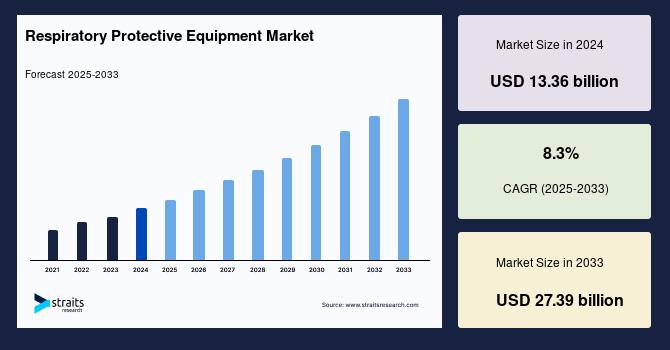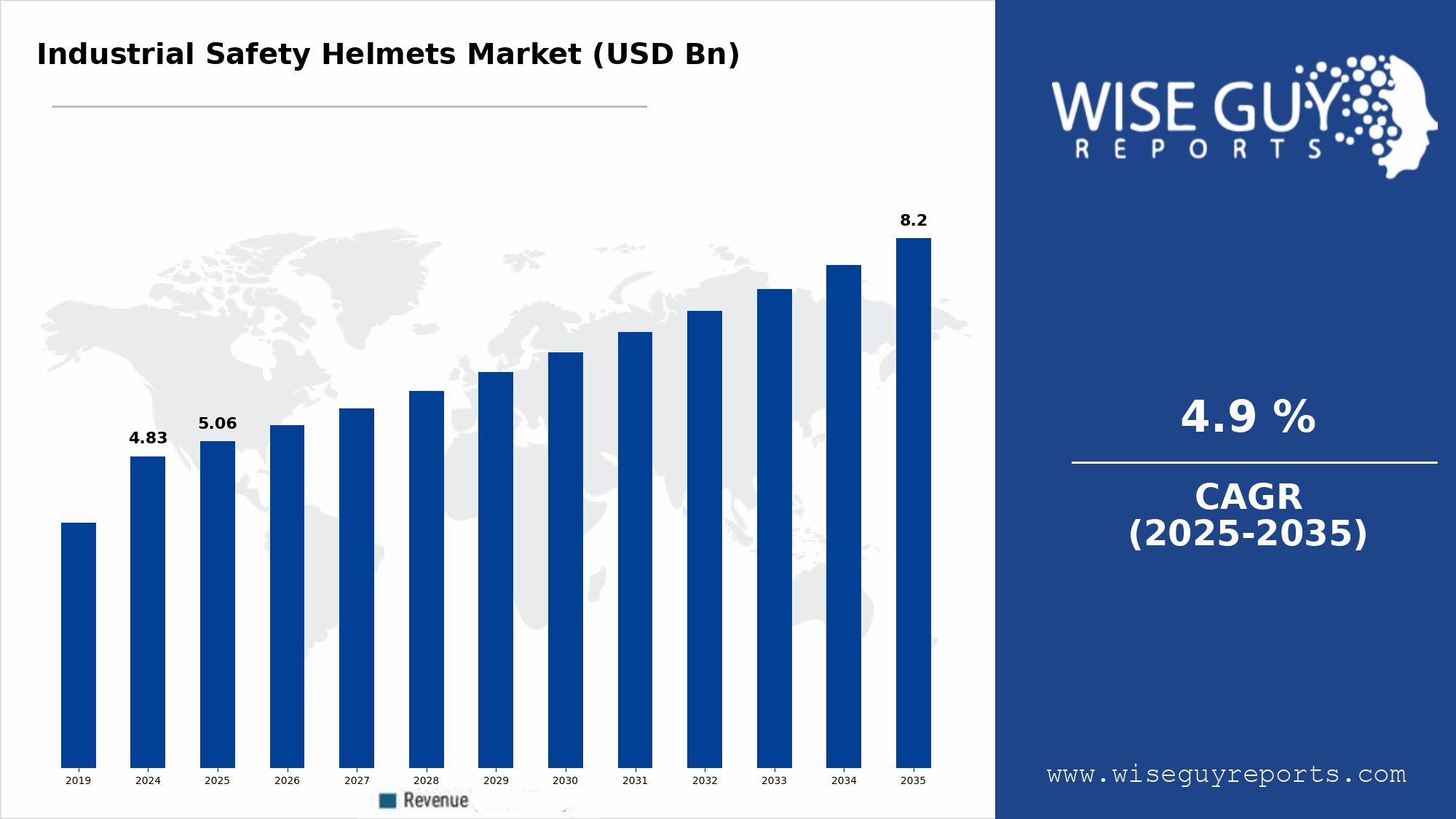The relentless pursuit of artificial intelligence (AI) is reshaping global dynamics, yet it lacks a definitive finish line, raising critical questions about its governance. The U.S. government's "Winning the Race: America’s AI Action Plan" reflects a zero-sum mindset reminiscent of Cold War rivalries, framing innovation as a competition with clear winners and losers. This perspective risks overshadowing the collaborative spirit necessary for ethical AI development. As policymakers and business leaders emphasize the need to "win" in AI, they inadvertently amplify fears of technological domination, which could hinder long-term U.S. leadership in the sector. The complexities of AI demand a shift from a competitive narrative to one that embraces continuous progress and cross-sector collaboration, challenging the notion of a singular endpoint in innovation.
To navigate the rapid evolution of AI, a rethinking of the prevailing narratives is essential. Emphasizing inclusivity in AI governance can lead to better outcomes for diverse populations, as the effectiveness of AI systems hinges on the representativeness of their training data. Fragmented regulatory landscapes exacerbate existing challenges, underscoring the need for cohesive global standards that prioritize collaboration over competition. Initiatives like the African Union’s AI Data Policy Framework and ASEAN's governance efforts illustrate the potential for regional cooperation. By fostering a global ecosystem that values diverse perspectives and ethical frameworks, we can ensure AI serves as a tool for empowerment rather than division, ultimately unlocking its full potential to benefit humanity collectively.









